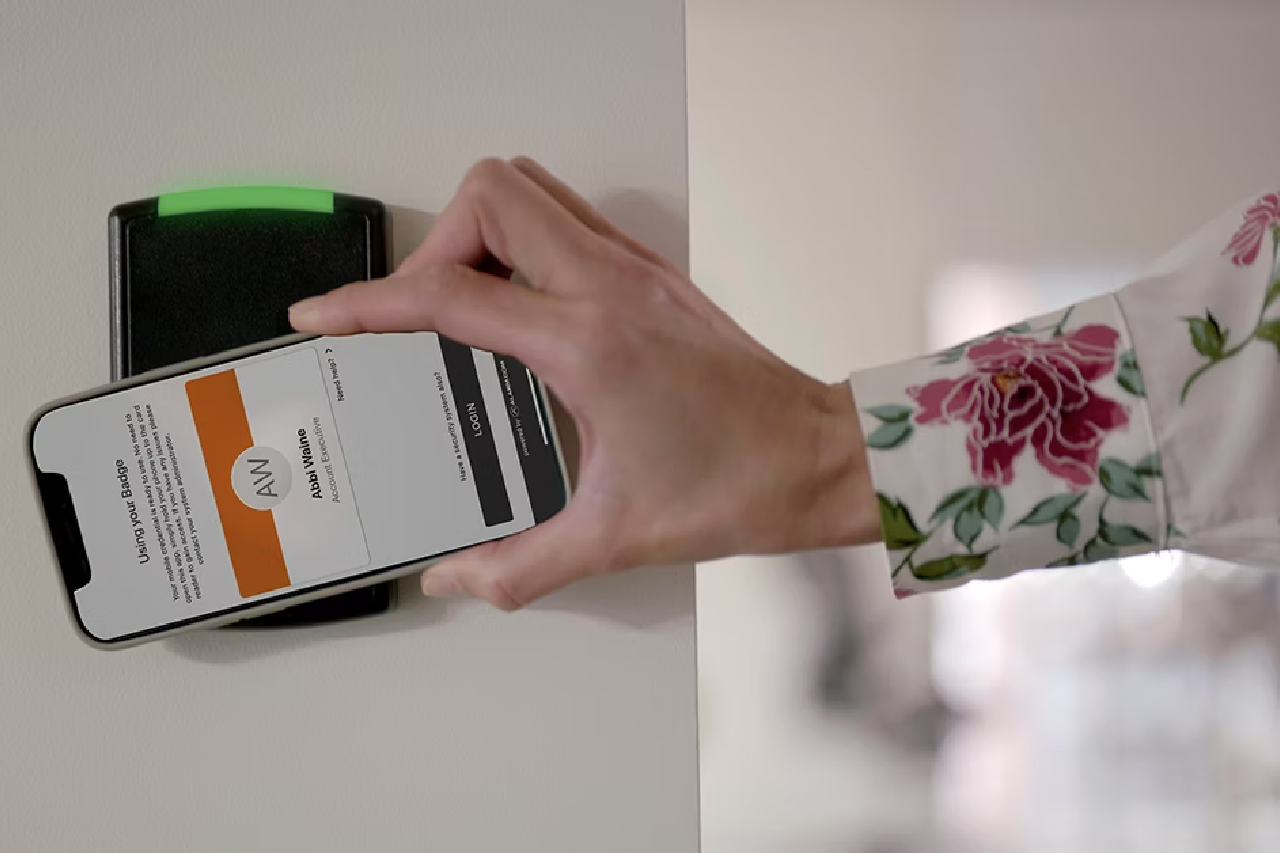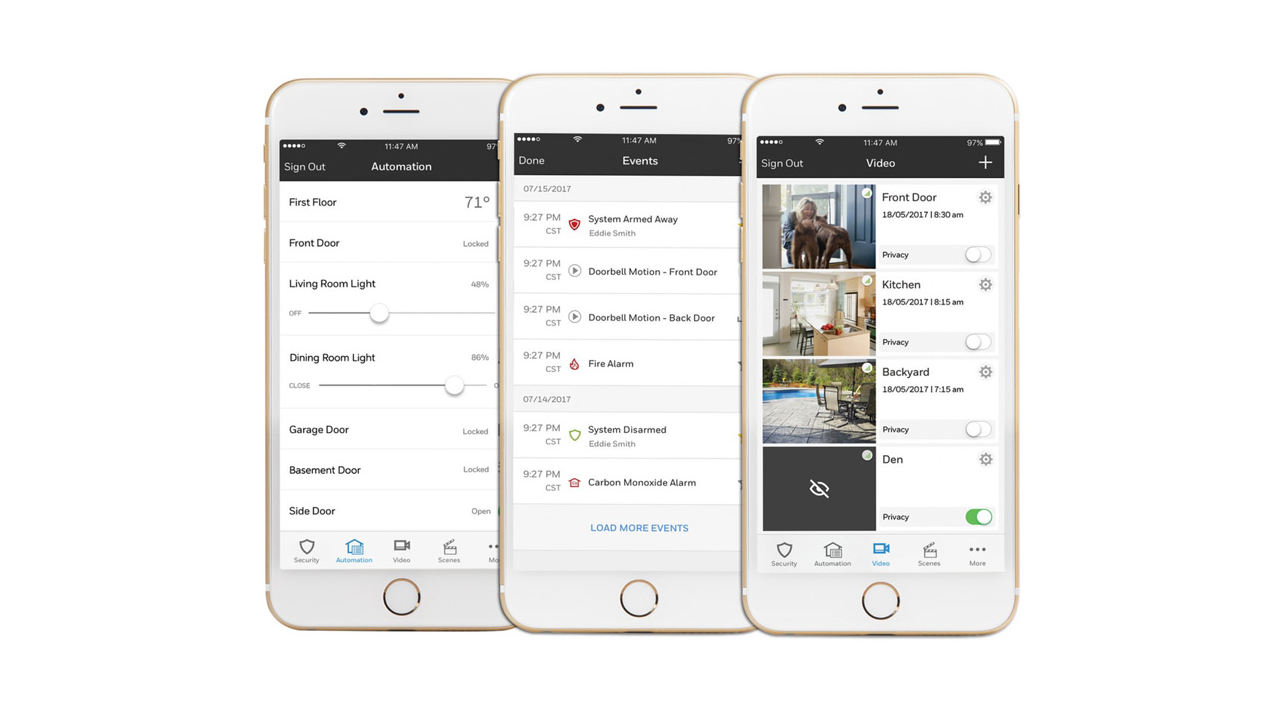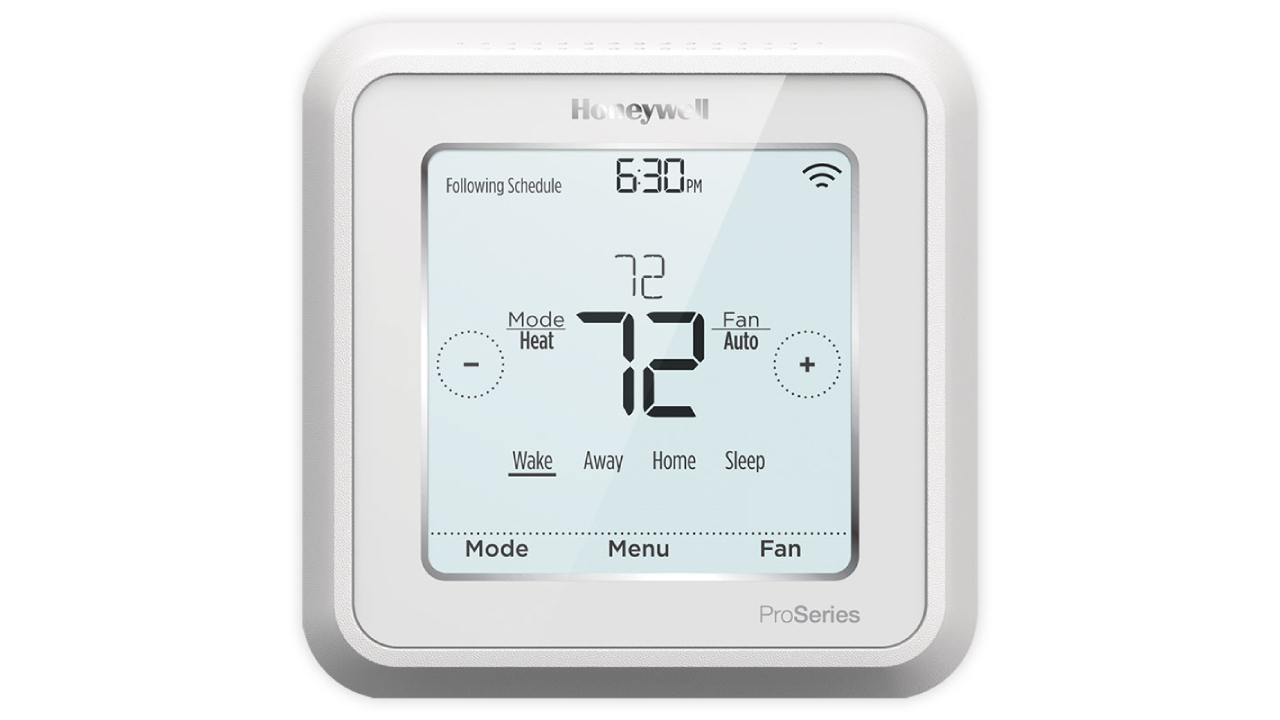Last Updated on March 4, 2022 by Alarm New England
Few things are as important as the safety of your own home. Ensuring that your loved ones and property are safe from burglary and other crimes is a top priority.
While passive defenses like walls and fences may deter some burglars, there’s always the risk of a criminal who is willing to go the extra mile to break in. That’s why a home security system is a critical component of keeping your home and family safe.
Home security systems are not all designed with the same capabilities. One of the key factors to consider is whether the alarm monitoring system you are considering is cellular-based or landline-based.
What’s the Difference Between ‘Cellular’ and ‘Wireless’ Security?
You might have encountered the terms “cellular” and “wireless” when researching security systems. While both cellular and wireless security systems are characterized by a lack of wires, they are fundamentally different when it comes to home security.
When the term “wireless” is used in a home security context, it means that the sensors and the control panel are linked wirelessly via radio waves instead of physical wires in your home.
Wireless systems allow for a more flexible, convenient setup of monitoring devices. They also ensure that the sensor network will not be vulnerable to the same wire-cutting security risk that plagues landline-based systems.
“Cellular,” on the other hand, refers to how the control panel communicates with your security company’s alarm monitoring center. Cellular-based security systems use mobile cellular networks (instead of a landline phone) to contact the monitoring station in an emergency situation.
The ideal security system combines both concepts—a wireless alarm system with cellular alarm monitoring. This completely wireless system is more convenient and reliable than one that relies on wires.
Advantages of Cellular Alarm Monitoring
Cellular-based security systems have several advantages over landline-based systems. Here are just a few reasons you should consider switching to cellular alarm monitoring.
1. Cellular alarm monitoring is safer
The physical connection of a landline-based home security system is a major weakness because a burglar could cut your phone line prior to breaking and entering.
Cutting a phone line isn’t as complicated as it sounds: Most homes have a compartment built into the side of the wall or near the ground that contains your phone line, among other electrical wiring. In many cases, this panel can be accessed with a regular screwdriver.
If someone were to cut the wiring inside, it would prevent any distress signal from being sent to your monitoring station, rendering the home security system useless.
A cellular-based security system has no such weakness, as it uses the same reliable network of cellular towers that your mobile phone is designed for. Even if you live in an area with poor cell service, in many cases the cell communicator is still able to maintain a consistent connection.

2. It’s more reliable
Security systems need a cellular connection so you can count on reliable, uninterrupted protection.
Landline cables are vulnerable to the elements. Heavy snow, rain, and other weather conditions can damage them, severing your connection to your alarm company.
This isn’t the case for mobile networks, which tend to be more resilient in withstanding a major storm or natural disaster.
Additionally, security systems that rely on a Wi-Fi connection are also prone to failure should the internet at your home go down. Even in the event of internet outages, cellular communicators are unaffected.
3. You get greater coverage
Some areas may be outside the coverage area of a provider’s landline network. This makes it difficult or even impossible to get your home security system connected to a company if you’re using a wired landline, unless you’re investing a lot of money to build local wired infrastructure.
Cellular networks span wide areas, reaching even remote locations. You don’t necessarily require a strong signal for your cellular-based security system to transmit an alert.
The amount of data that passes between the system and the central station is far less than the amount you’d need to hold a conversation or surf the web. This means that a cellular-based security system is able to work even in remote areas.
4. It’s cheaper in the long run
Adding a cellular communicator to your security system to enable cellular and Wi-Fi alarm monitoring can come with an additional cost. However, you no longer need to pay for a landline each month.
Many households don’t use landlines anymore, so if you have little use for a home phone, then it’ll be an expense that serves no other purpose besides being tied into your security system.
5. Installation is easier
A landline-based security system must be physically connected to your home’s phone outlet. Depending on the layout of your phone wiring and various wall outlets, it may not always be where you want to locate your security system’s control panel. With a cellular system, you have the freedom to mount the control panel anywhere in your home.
6. You can monitor your own home remotely
Many security systems that use cellular alarm monitoring also come with newer features like smartphone apps that allow you to remotely connect to them.
You’ll be able to view camera footage, security alerts, and the status of your sensors, even while you’re away from your home.
You can also be notified via text if you get any security alerts. You’ll be informed at the same time as your security company.
7. Cellular monitoring sends alerts faster than landlines
In an emergency, speed is everything. Cellular alarm monitoring can contact your central monitoring station faster than a landline can.
That’s because its signal doesn’t have to navigate landline switches and networks, and it may use very fast protocols like 4G LTE to reach the monitoring station.
Making the Switch to Cellular Alarm Monitoring
The important thing to remember is that home security is only as effective as its weakest link. If you’re considering going for wireless sensors, remember to replace their batteries.
While cellular alarm monitoring requires that you have a cellular communicator in your system, the technology offers significant advantages over landline-based systems.
And choose the right security company to take care of your alarm monitoring needs. After all, more reliable and quicker cellular communication with the alarm monitoring center doesn’t mean much if the company can’t do its job well.
Most good companies will offer remote and on-site maintenance for your home alarm system as well. Find a company with a proven track record for responding to emergencies and dispatching personnel to truly make the most of switching to cellular alarm monitoring.






